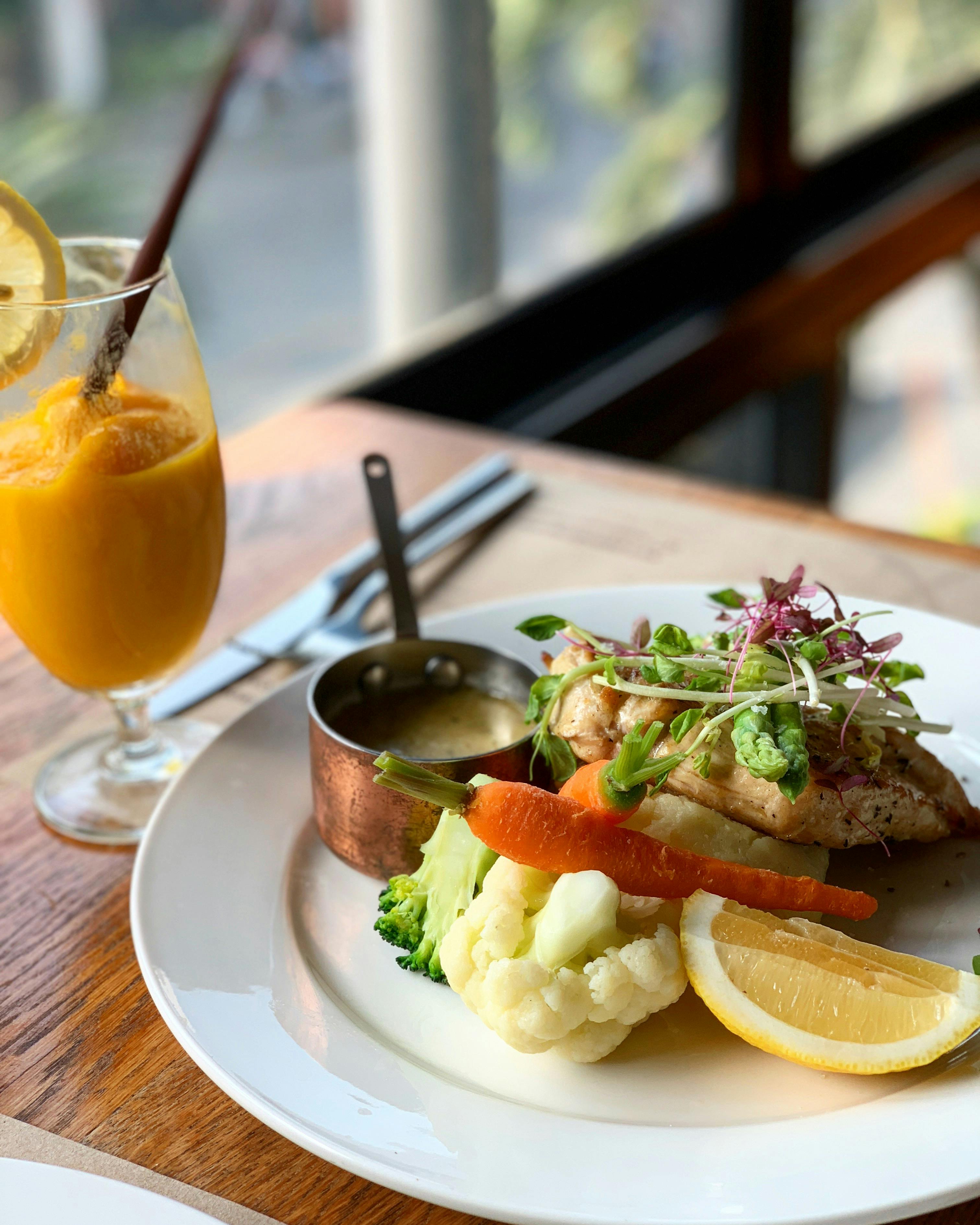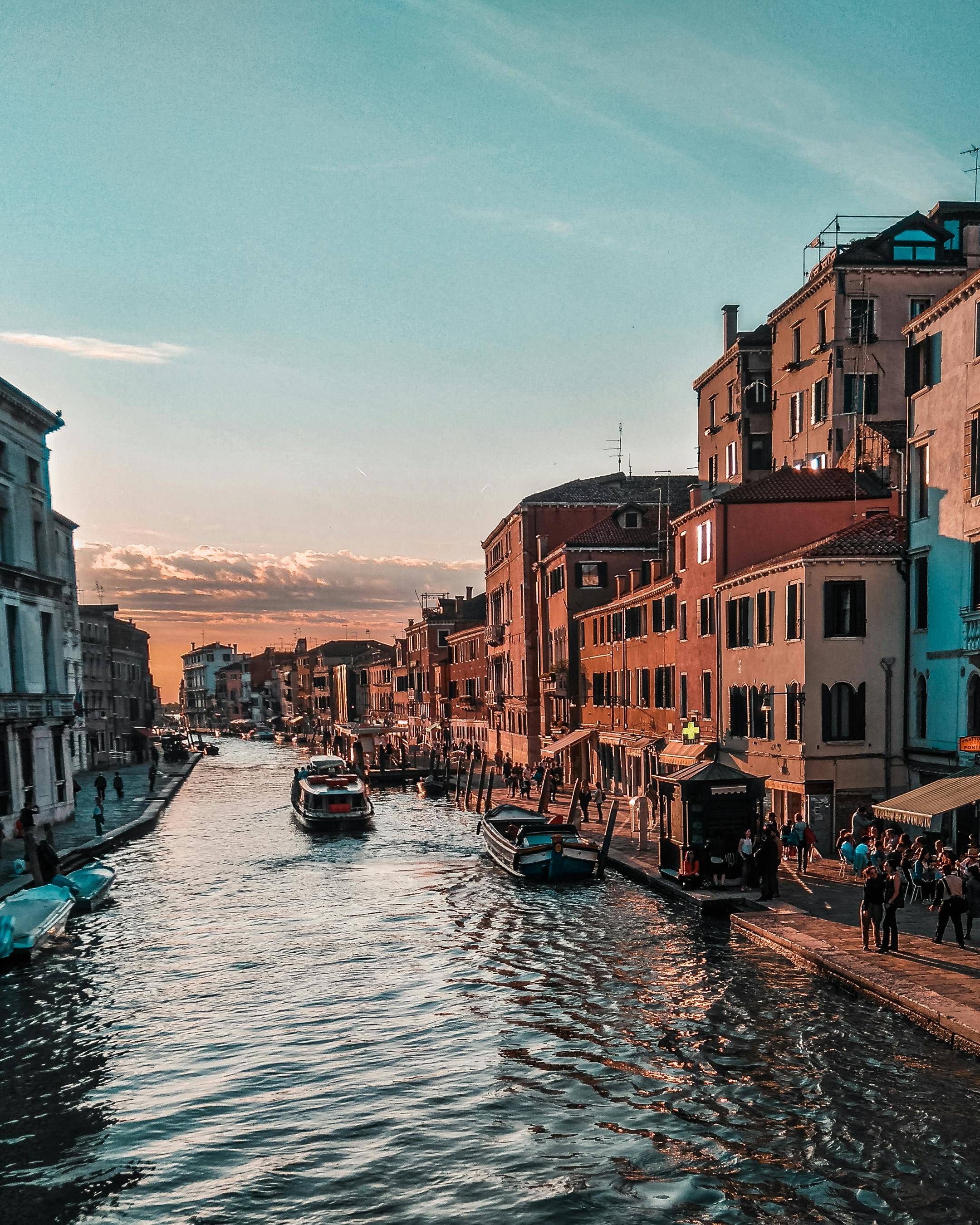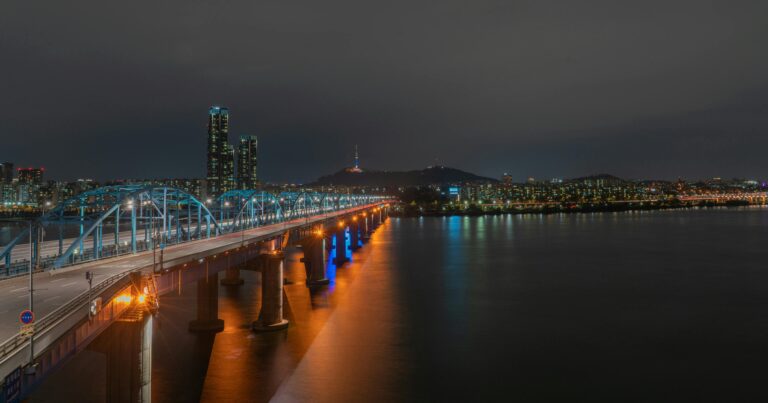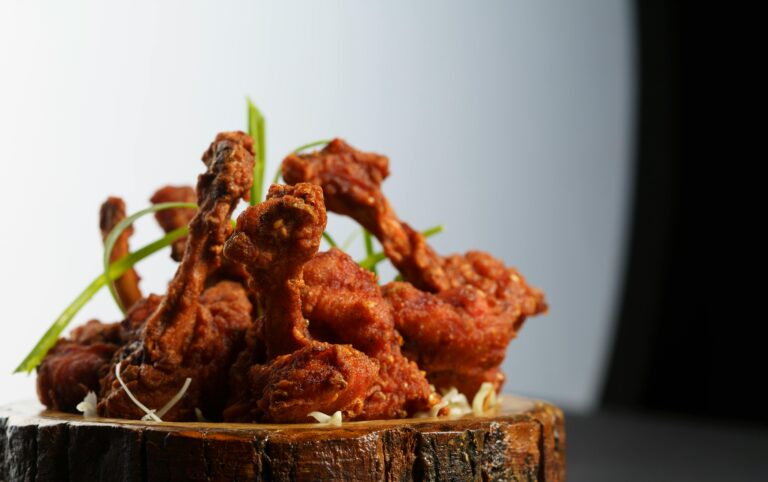Explore Best Destination
Discover our travel blog for inspiring stories, tips, and guides. From hidden gems to cultural experiences, we cover it all to fuel your wanderlust and help you plan unforgettable adventures!
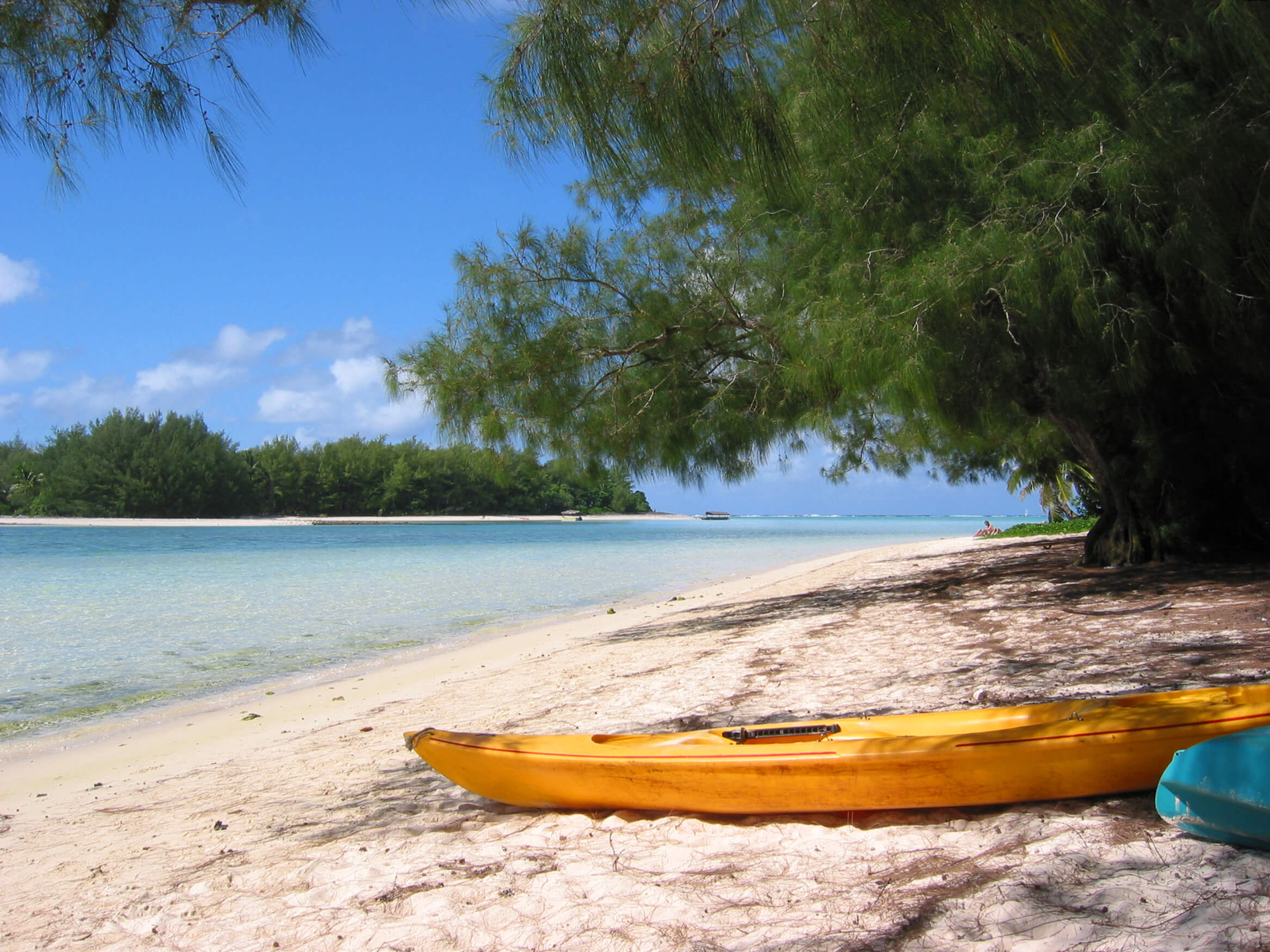
Discover Tonga: The Hidden Gem of the South Pacific Islands
Discover Tonga: The Hidden Gem of the South Pacific Islands
Tonga, the friendly island kingdom of the South Pacific, is a destination that combines breathtaking natural beauty with a deep cultural heritage. Often overshadowed by its more famous neighbors like Fiji or Tahiti, Tonga is one of the Pacific’s hidden gems, offering an authentic, off-the-beaten-path experience for those looking to explore its pristine beaches, lush landscapes, and vibrant local traditions.
Whether you’re a beach lover, an adventure seeker, or a culture enthusiast, Tonga has something to offer. With its unspoiled environment, rich Polynesian history, and warm hospitality, Tonga provides a truly unique island experience.
1. Breathtaking Natural Beauty
Tonga is made up of over 170 islands, scattered across the South Pacific Ocean. The largest and most developed island is Tongatapu, home to the capital, Nuku’alofa, while smaller, more remote islands like Vava’u, Ha’apai, and Eua offer tranquil, untouched landscapes that are perfect for relaxation and adventure.
Tonga’s beaches are some of the most beautiful in the Pacific, with soft white sand, crystal-clear waters, and coral reefs teeming with marine life. Ha’atafu Beach and Fafa Island are particularly popular for snorkeling and sunbathing. If you’re lucky, you may even get the chance to swim with humpback whales during the whale-watching season (June to November), a once-in-a-lifetime experience that draws many visitors to the islands.
The Tongatapu region also offers a variety of natural wonders, including Ha’amonga’a Maui, often referred to as the “Stonehenge of the Pacific,” and Mapu’a ‘a Vaea, the Blowholes, where waves crash against the coast, sending spouts of water into the air.
2. Rich Polynesian Culture and Traditions
Tonga is known as the “Kingdom of Tonga,” and its monarchy has a history that stretches back over 1,000 years. The country is deeply proud of its Polynesian heritage and traditions. The concept of Fahu (family hierarchy) plays an important role in Tongan society, and the values of respect, community, and hospitality are central to daily life.
Visitors to Tonga can immerse themselves in the local culture by attending traditional Tongan feasts (called umu), where food is cooked in an underground oven, and by experiencing local performances of traditional dance and music. The Tongan Hiva is a traditional dance that is often performed during cultural festivals, accompanied by chanting and drumming.
Royal Palaces and historical sites like the Royal Tombs of Mu’a give visitors a glimpse into Tonga’s royal past, while local handicrafts, such as woven mats and tapa cloth, provide insight into the island’s artisanal traditions.
3. A Paradise for Eco-Tourism and Adventure Seekers
Tonga is an increasingly popular destination for eco-tourism due to its commitment to preserving its natural environment. Visitors can participate in eco-friendly activities like snorkeling, diving, and kayaking, all while exploring the pristine marine environment of the Vava’u Archipelago or the Ha’apai Islands.
The waters around Tonga are home to a rich diversity of marine life, including tropical fish, sea turtles, and vibrant coral reefs, making it an excellent destination for scuba diving. The area around Eua Island also offers fantastic hiking trails, where you can explore lush forests, caves, and dramatic cliffs.
For those who are interested in Tonga’s fascinating marine life, the islands are a renowned whale-watching destination. Every year, humpback whales migrate to the warm waters around Tonga to breed and give birth, offering visitors the rare opportunity to swim with these majestic creatures. Vava’u is the best place for this unforgettable experience.
4. Tonga’s Warm and Welcoming People
One of the highlights of a visit to Tonga is the opportunity to interact with the Tongan people, known for their friendliness, hospitality, and deep cultural pride. Tongan communities maintain close-knit, family-oriented lifestyles, and visitors are often welcomed into homes and villages with open arms. The Tongan phrase “Malo e lelei” (hello) is commonly exchanged as a greeting, reflecting the warmth of the people.
During your visit, you may also have the opportunity to take part in traditional Tongan ceremonies and festivals. The Heiva festival, held annually, is a colorful celebration of Tongan dance, music, and culture, featuring performances by local communities and vibrant displays of traditional dress.
5. Best Time to Visit Tonga
Tonga enjoys a tropical climate, with warm temperatures year-round. The best time to visit is during the dry season (May to October), when the weather is cooler and ideal for outdoor activities like snorkeling, whale-watching, and hiking. The wet season (November to April) is also a good time to visit, although you may encounter occasional rainfall.
Conclusion
Tonga, with its pristine beaches, rich Polynesian culture, and incredible natural beauty, is a hidden gem in the South Pacific. Whether you’re seeking adventure, cultural immersion, or simply a relaxing getaway, Tonga promises an unforgettable experience. Its warm hospitality, unspoiled landscapes, and commitment to sustainable tourism make it a perfect destination for travelers looking to discover a peaceful, authentic island paradise.

Related Posts
Tag List
Adventure / Climbing / Hiking / Photography / Adventure / Tracking / Travel
Follow Us
- linked In
- google+
- YouTube


